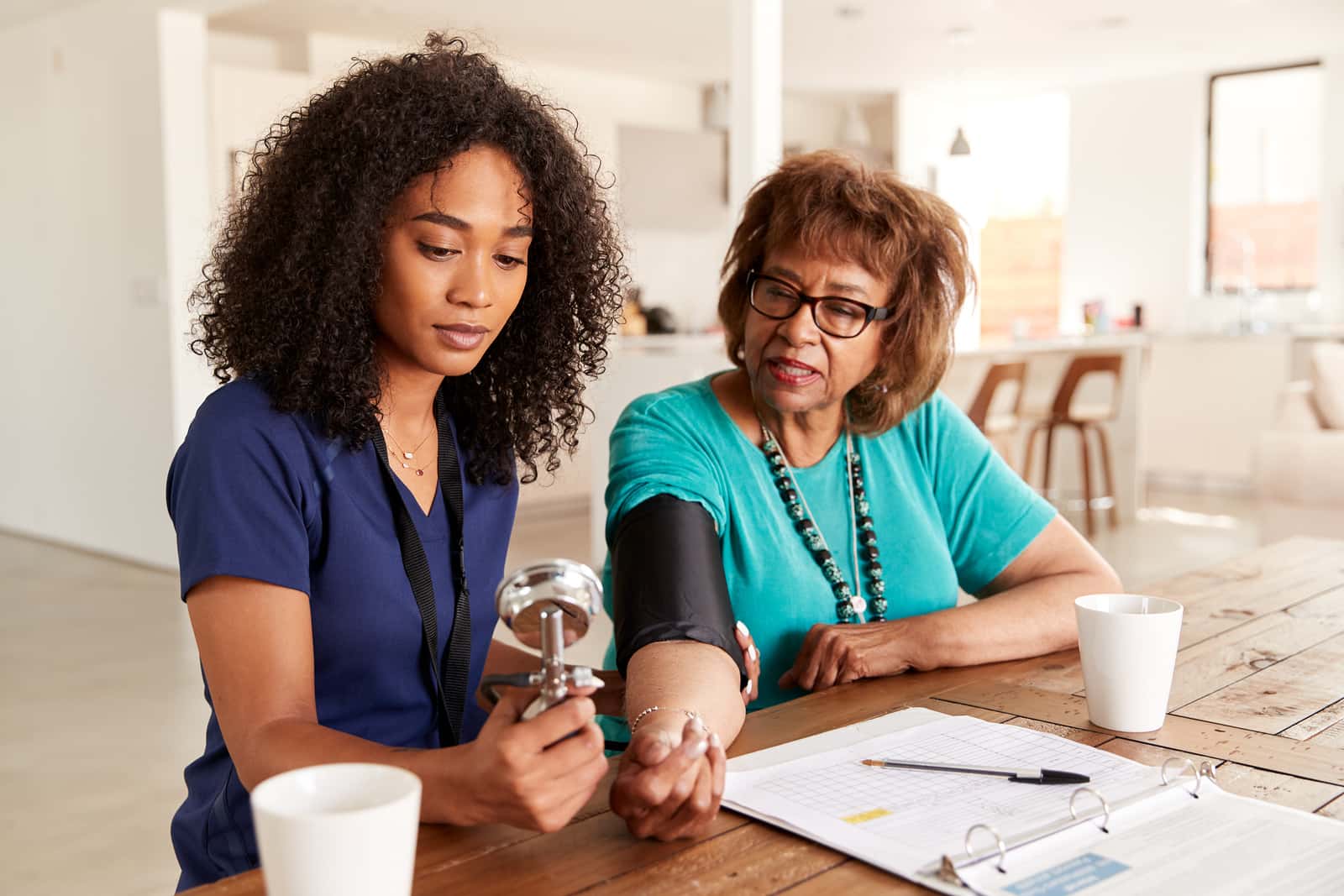
One out of two adults in the US has hypertension. That means their systolic blood pressure reads 130 or above and their diastolic blood pressure is at least 80. Most of these people need medication to help them control their blood pressure. Which work better: ACE inhibitors or ARBs?
Doctors Choose ACE Inhibitors or ARBs:
When physicians pick a pill to prescribe, they usually choose one of the first-line medications. For high blood pressure, the American College of Cardiology recommends thiazide diuretics like chlorthalidone, calcium channel blockers like amlodipine, ACE inhibitors or ARBs.
Doctors prescribe ACE inhibitors such as lisinopril or ramipril more often than any other type of medicine for hypertension. ACE stands for angiotensin-converting enzyme. There is another class of medications that affects the same physiological pathways…the angiotensin II receptor blockers or ARBs.
Which Type of Medicine Is Better–ACE Inhibitors or ARBs?
A new study published in the journal Hypertension concludes that both classes are equally effective (Hypertension, July 26, 2021). However, ARBs are less likely to cause cough or angioedema (swelling of the lips, tongue, mouth, throat or digestive tract). In addition, ACE inhibitors are slightly more likely to trigger pancreatitis or GI bleeding. Perhaps this international review involving 3 million patients will convince health professionals that ARBs are a viable alternative when patients complain about ACE inhibitor side effects. They may even want to start by prescribing an ARB such as losartan or valsartan first.
How Else Can You Control Your Blood Pressure?
Whether or not you take medication to bring your blood pressure down, you could adopt some behaviors that would help. Start with a diet that is full of fruits and veggies, low in sodium and sparse on meat or processed food. The DASH diet has been thoroughly tested and shown to help reduce hypertension (New England Journal of Medicine, Jan. 4, 2001). A Mediterranean diet utilizing extra virgin olive oil as its main fat can also lower blood pressure.
Regular exercise, adequate sleep and stress reduction such as deep breathing, yoga or meditation can also contribute to good blood pressure control.
Learn More:
Our eGuide to Blood Pressure Solutions offers information on the pros and cons of the main types of blood pressure medications. You will also find advice on non-drug approaches that can help keep hypertension down.
Citations
- Chen RJ et al, "Comparative First-Line Effectiveness and safety of ACE (Angiotensin-Converting Enzyme) inhibitors and angiotensin receptor blockers: A multinational cohort study." Hypertension, July 26, 2021. https://doi.org/10.1161/HYPERTENSIONAHA.120.16667
- Sacks FM et al, "Effects on blood pressure of reduced dietary sodium and the Dietary Approaches to Stop Hypertension (DASH) diet. DASH-Sodium Collaborative Research Group." New England Journal of Medicine, Jan. 4, 2001. DOI: 10.1056/NEJM200101043440101

